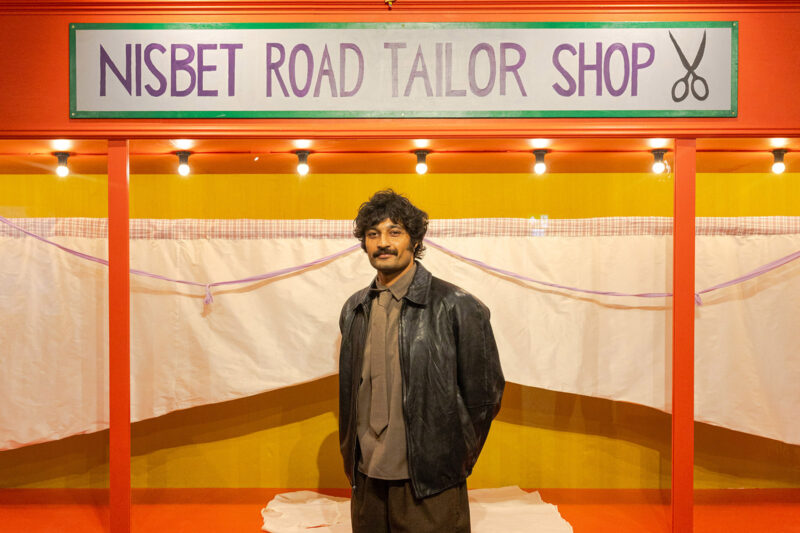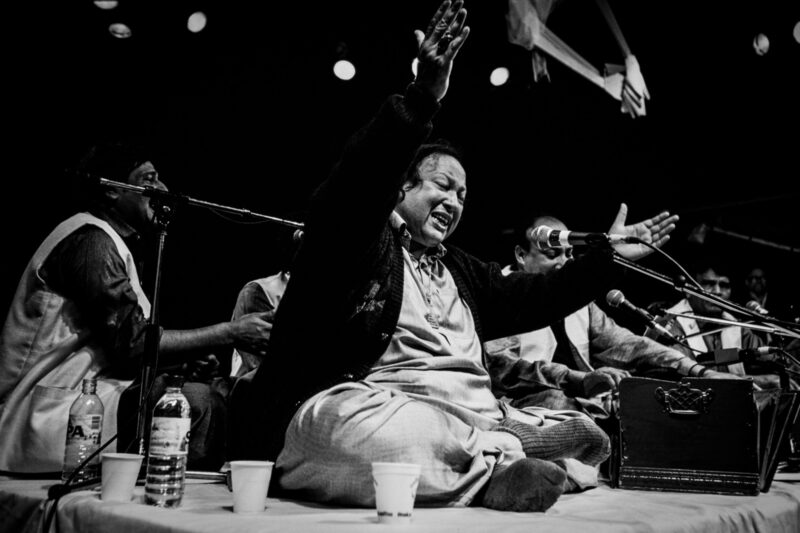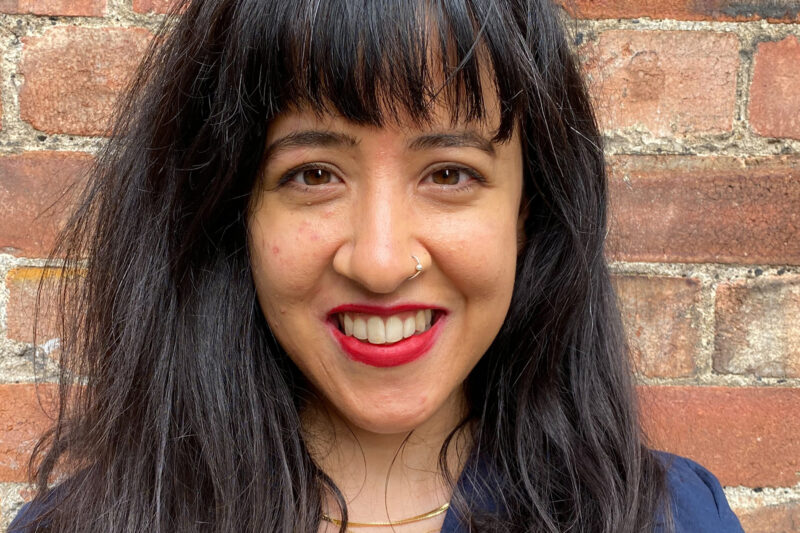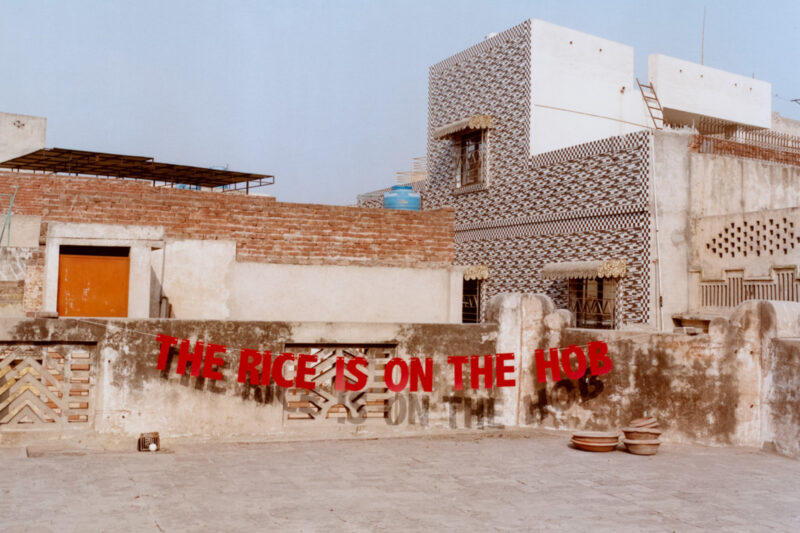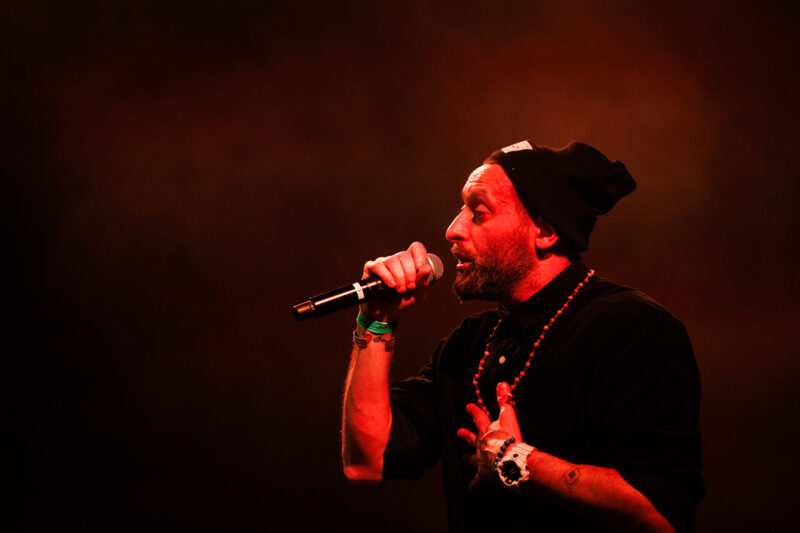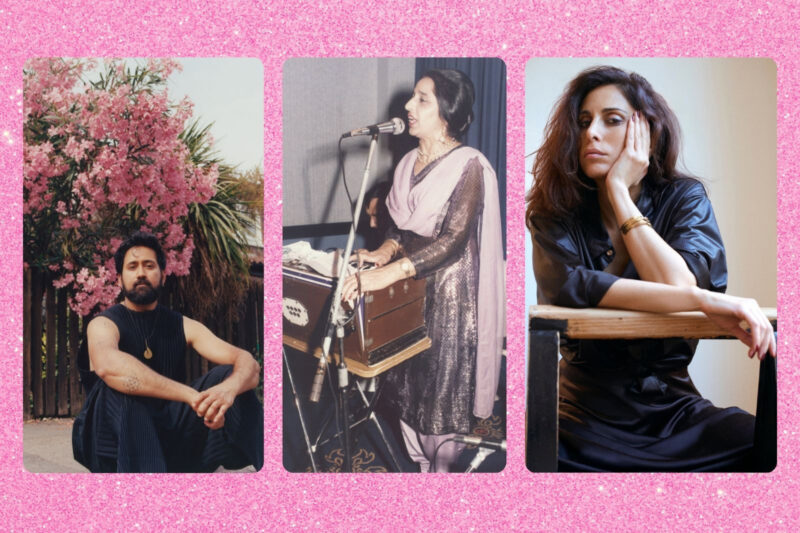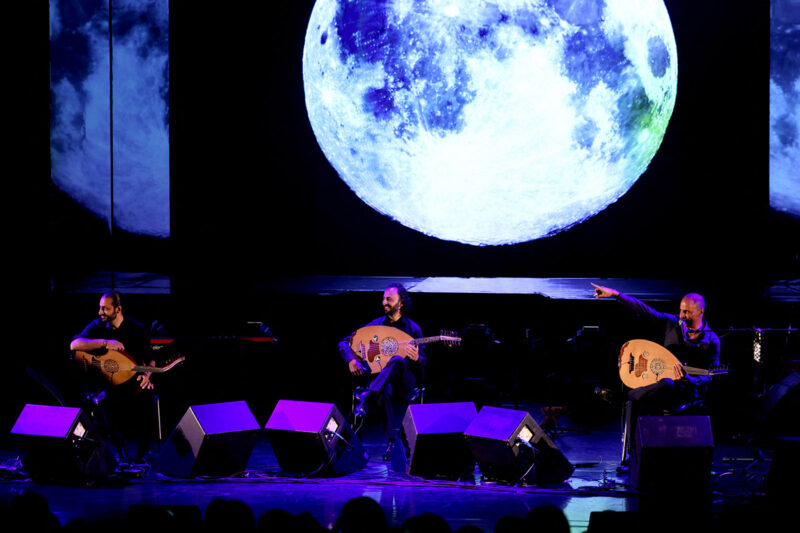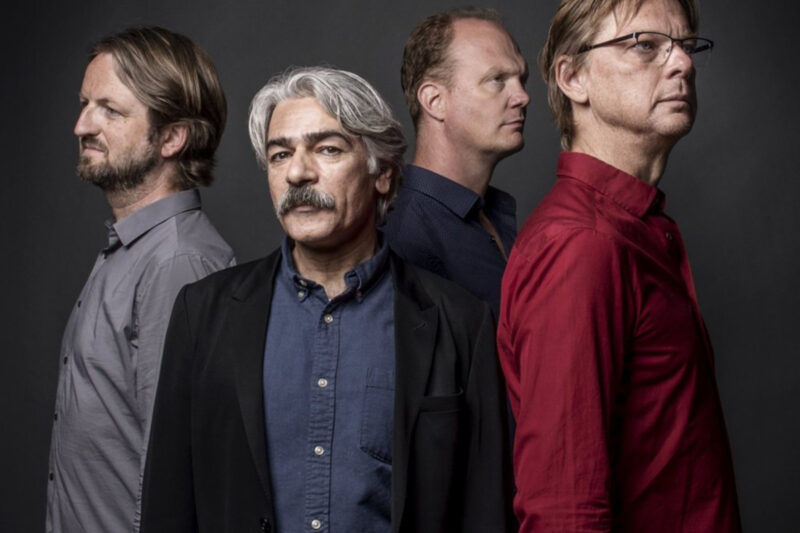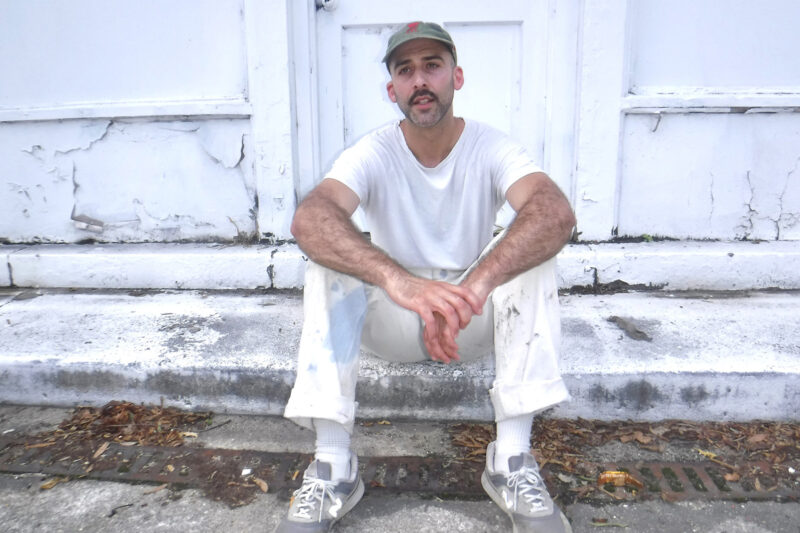Rizwan-Muazzam Qawwali are reigniting a centuries-old musical tradition
After a recording hiatus of more than 20 years, the nephews and students of Nusrat Fateh Ali Khan have released a new album and are ready to take their family’s artistic heritage to new heights
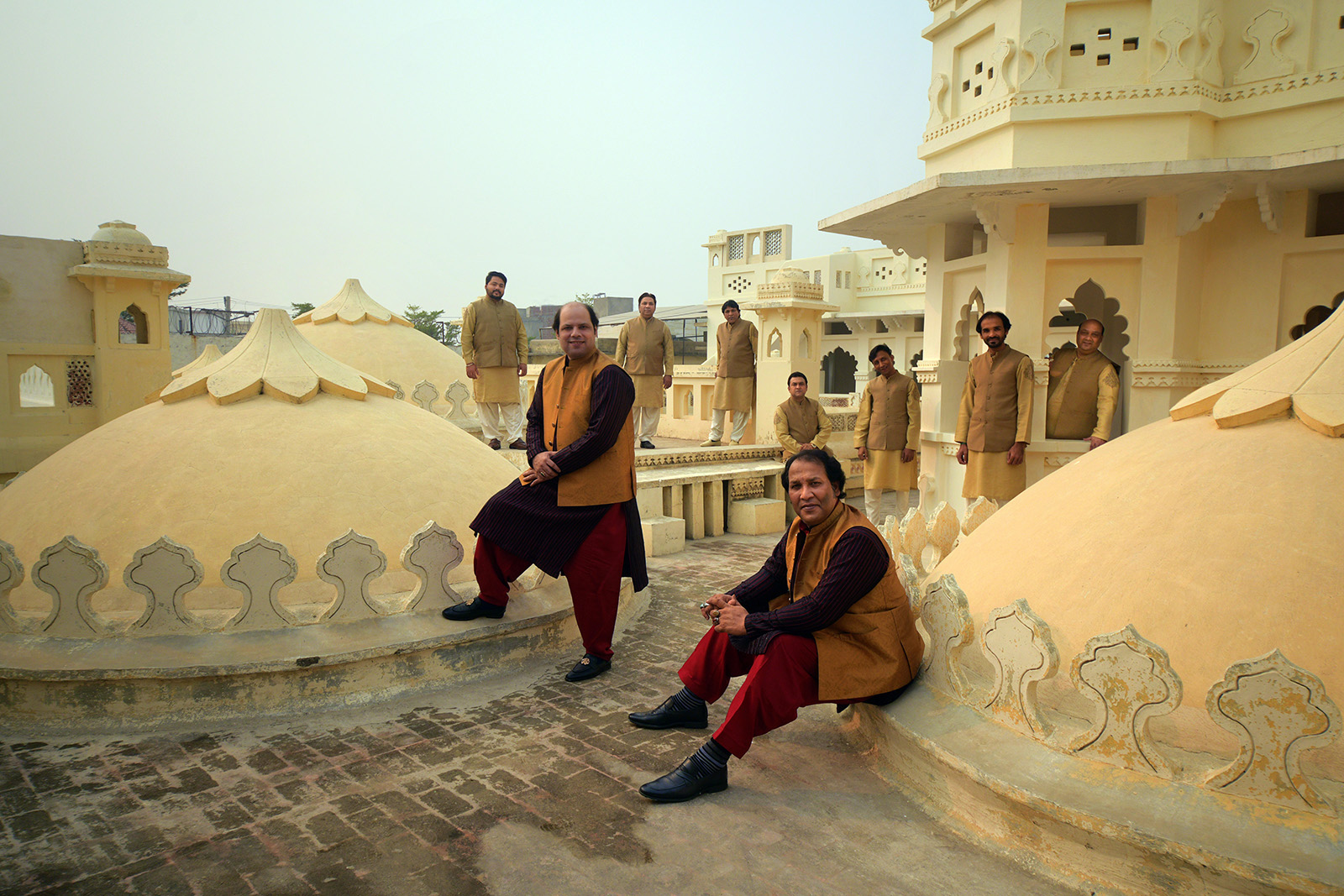
In the 28 years since the death of qawwali master Nusrat Fateh Ali Khan, the centuries-old Sufi devotional music tradition has transformed. With his towering vocal power and melodic agility, Khan was responsible for bringing the art form to the world. Performing on international stages such as the UK’s Womad festival and collaborating with a genre-spanning range of artists including Peter Gabriel, Massive Attack and Pearl Jam’s Eddie Vedder, he became the art form’s first global star.
Following Khan’s death in 1997 at the age of 48, his legacy lives on in a number of popular and boundary-straddling performers. Pakistani singer Faiz Ali Faiz’s Qawwali Flamenco group combines Sufi poetry with intricate guitar work, while British singer Abi Sampa’s Orchestral Qawwali Project blends western orchestral arrangements with Indian classical dance and traditional qawwali repertoire. Meanwhile, a younger generation of singers including 22-year-old Pakistani vocalist Chahat Mahmood Ali are breaking through and aiming to establish their own future family lineages.
Yet, for Khan’s nephews, Rizwan and Muazzam Ali Khan, their uncle’s passing has had a stifling effect on the tradition. “No one has been able to make new qawwali recordings in the classical tradition, since audiences only want to hear Nusrat’s repertoire,” Muazzam says during a call from his home in Faisalabad, Pakistan.
“There are plenty of qawwali families in Pakistan but they are performing Nusrat’s work and others are mixing it with western influences. We realised that since we carry the family name and experience, we were the only ones that could reignite that history.”
The result is At the Feet of the Beloved, the brothers’ first official album in more than two decades. Released on Gabriel’s Real World record label, the recording features three compositions from the family repertoire never performed by their uncle.
From the soaring Urdu call-and-response vocals of the opening track Meherban to the thunderous, polyrhythmic tablas of the Punjabi folk song Ja Mur Ja and the yearning spirituality of Yaar Da Muhallah, the pair continue the family tradition through compositions filled with nimble harmony and full-throated crescendos.
“This album has been a long time coming because I had been performing with such intensity a few years ago that I damaged my vocal chords,” Muazzam says. “By 2019, I was recovered and able to go into the studio to record but then Covid hit so we had to delay again. Now, we are releasing only a year on from a new Nusrat album being discovered. After decades of nothing new in the qawwali tradition, here are two albums of music coming all at once.”
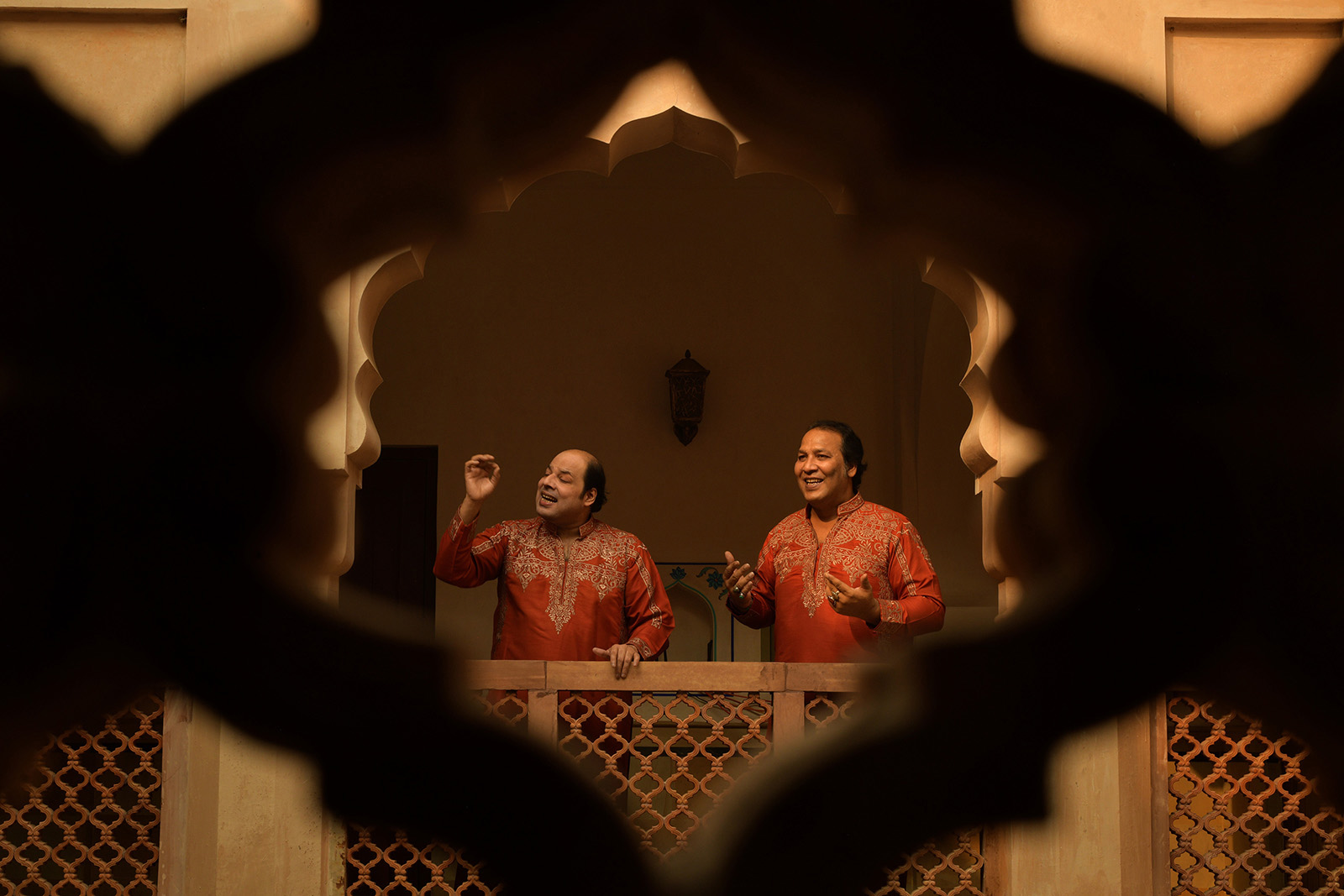
Growing up in Faisalabad, Rizwan and Muazzam’s father, Mujahid Mubarak Ali Khan, was trained in the family’s 600-year qawwali tradition and performed in his brother’s group. Yet, music was a career path he discouraged his sons from following.
“He didn’t want us to sing because it’s a heavy responsibility to carry the family name and he knew it would become a life’s work,” Muazzam says. “He just wanted us to have a normal career, but of course we didn’t listen.”
Trying their best to imitate their uncle’s vocal style in school singing competitions, before reaching the age of 10 the boys won a regional contest and found their pictures splashed in the local newspaper. Soon after, the leader of a nearby Sufi shrine got in contact with Mujahid to ask if his sons would perform there.
“That was the first our father heard that we could sing,” Muazzam laughs. “He gave his permission for us to perform but said he would be there watching. We were more scared of him being there than any audience.”
Thankfully, Rizwan and Muazzam’s father was impressed by their performance and began coaching the boys. After Mujahid’s death in 1996, his sons started to study under their uncle. “Since my father followed the same Sufi saint as Nusrat, it was tradition for us to become his students once he passed,” Muazzam says. “We began learning with him and he shared the family musical secrets, but then just a year later he also died.”
After Khan’s untimely passing, guardianship of the family legacy fell to the brothers and their cousin Rahat Fateh Ali Khan. While Rahat went on to become a celebrated qawwal and playback singer for Pakistani and Indian film, Rizwan and Muazzam took it upon themselves to stick to tradition, releasing their debut album Attish: The Hidden Fire on Real World and playing Womad in 1998.
“There was a challenge when we first played Womad because we didn’t know if the audience would connect to the music, since they didn’t understand the language,” Muazzam says. “But we soon realised that since qawwali is spiritual, the meaning communicates even if you don’t fully understand it. There is an emotion that comes out of each song and it is hard to deny.”
Rizwan-Muazzam Qawwali put out four more albums on Real World, culminating in 2004’s Day of Colours, and their return to the label comes on the heels of a rediscovery of a lost tape of Nusrat’s recordings in the Real World archive, released in 2024 as Chain of Light. As part of their forthcoming four-date tour of England, the brothers will be performing from their own repertoire and their uncle’s last, posthumous album.
“We want to keep Nusrat’s legacy alive and also carry it forward into the world for decades to come,” Muazzam says. “I am 41 and my brother is 43. We have plenty more life left in us and much more of the beautiful tradition of qawwali music to sing.”
Rizwan-Muazzam Qawwali begin their tour at Bradford’s Alhambra theatre on 14 May as part of the 2025 UK City of Culture programme of events.
 Newsletter
Newsletter


